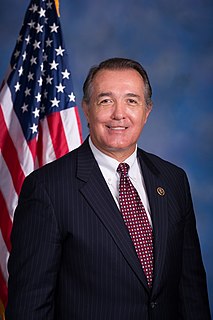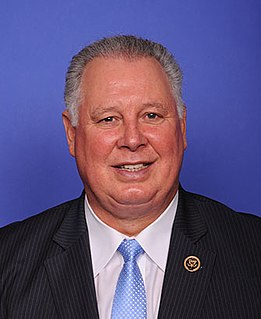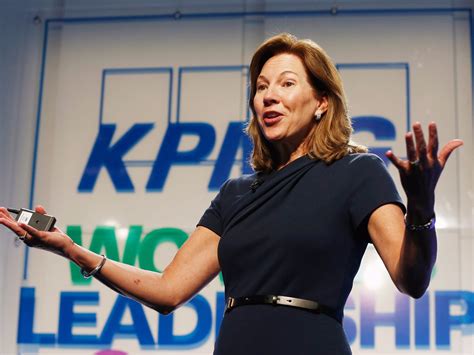A Quote by Luciana Berger
I have long argued for the arts to have the recognition and funding they need, not only because they brighten our lives, but also because they make a tangible contribution to our national economy.
Related Quotes
Our prayer must not be self-centered. It must arise not only because we feel our own need as a burden we must lay upon God, but also because we are so bound up in love for our fellow men that we feel their need as acutely as our own. To make intercession for men is the most powerful and practical way in which we can express our love for them.
On this Thanksgiving, as we spend time with our family and friends, let's all reflect on what we're thankful for in our own lives. And let's remember those who cannot be with their loved ones because they're serving overseas. But let's also do our part to help those who have no place to go for a meal. I encourage all Americans to do what they can to help those in need-because the best way to show our gratitude for what we have is by doing our part for those who have less.
Food is such an important part of our lives, and sometimes we tend to diminish the importance of that, because we rely on conveniences or because our lives are so complicated. We forget about those moments that we can actually share around the table with our family, with our friends, with our loved ones.
Quidquid luce fuit tenebris agit: but also the other way around. What we experience in dreams, so long as we experience it frequently, is in the end just as much a part of the total economy of our soul as anything we "really" experience: because of it we are richer or poorer, are sensitive to one need more or less, and are eventually guided a little by our dream-habits in broad daylight and even in the most cheerful moments occupying our waking spirit.


































